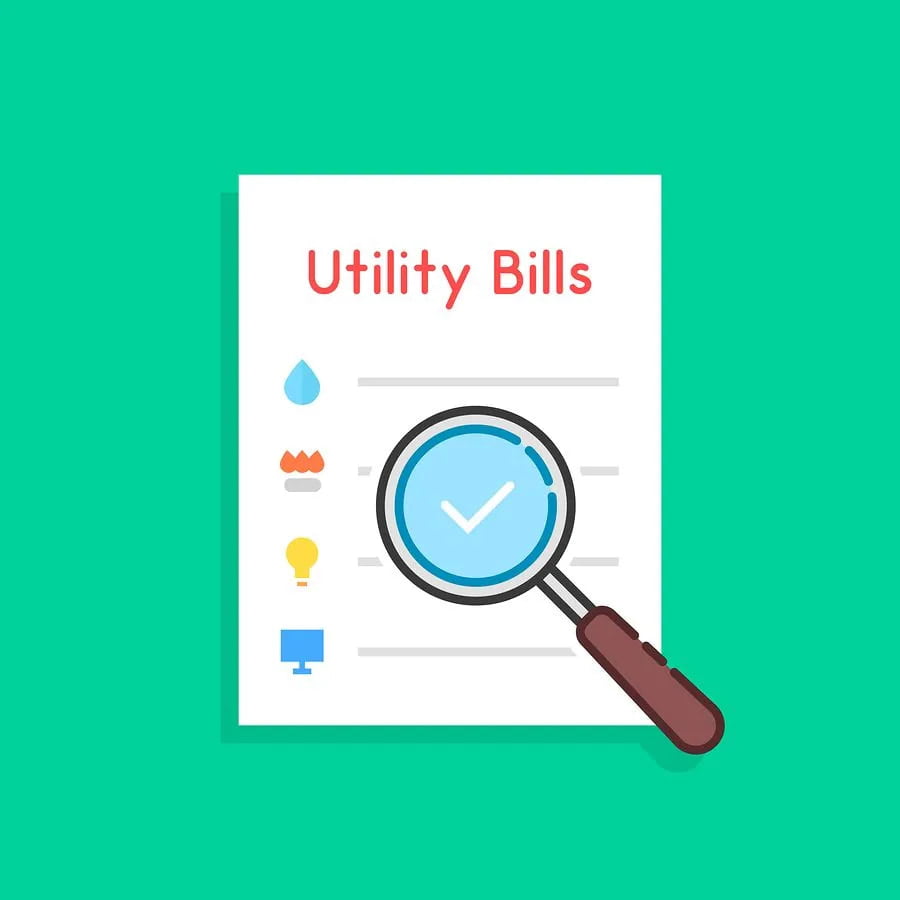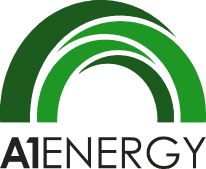
Strategic energy purchasing is crucial for businesses aiming to optimize operational costs and enhance sustainability. By employing effective strategies, organizations can not only manage their energy expenditures efficiently but also contribute to broader environmental goals. From understanding market dynamics to leveraging innovative technologies and participating in demand response programs, adopting a proactive approach to energy procurement enables businesses to achieve greater financial stability and resilience in an increasingly competitive landscape. This article explores key tips and best practices to empower businesses in making informed decisions that align with their operational needs and long-term objectives.
1) Market Timing
Energy is a commodity and is subject to significant price fluctuations in the marketplace. Just as with any purchase, you want to buy your energy when prices are “low” as opposed to when prices are expensive. Inexperienced energy purchasers often consider new supply contracts only as their existing contract is nearing expiration. Unfortunately that habit leaves the inexperienced purchaser at the mercy of the market. The prudent course to follow is to continuously monitor energy futures for the next opportune time to go out for bid for a future energy supply term.
2) Contract Structure
Electricity has different value depending on both the time of day and season of the year. And there are different choices in terms of how to secure the amount of energy your facility needs at any particular point of time. That complexity results in multiple types of contract structures that energy consumers can consider when buying power.
Many businesses gravitate towards fixed price, full requirements contracts when buying energy because the contract structure is simple, it allows easy comparison between different suppliers or a utility default rate and offers 100% price certainty. Fixed price contract structures have their disadvantages though … in that over the long term they are the most expensive way to purchase your energy. Hybrid type contracts, called structured products, that allow you to lock in energy prices during volatile times of the year but allow some of your energy to by fulfilled out of lower cost spot markets during non-volatile periods, allows energy consumers with significant off-peak energy consumption to realize lower long term prices.
Other organizations are able to react to market shifts so they can secure a more competitive price in real time. Flexible pricing gives them the latitude to choose when they buy energy and how much.
3) Load management
Consumers with adaptable energy needs possess a significant advantage in managing and reducing energy expenses. For instance, clients capable of curtailing their energy consumption for extended periods, typically 2-3 hours, can leverage this capability to not only decrease their immediate costs but also mitigate future requirements for capacity and transmission services. Moreover, larger institutional and commercial entities managing substantial HVAC or chilled water demands can strategically adjust their loads in collaboration with grid-sponsored initiatives. These programs are designed not only to enhance grid stability but also to create lucrative opportunities for generating additional revenue streams. By actively participating in such programs, businesses can effectively optimize their energy usage while capitalizing on financial incentives offered by energy providers and regulatory bodies.
It often pays to re-visit your existing contract and energy procurement strategies to be certain you are optimizing your energy spend.
